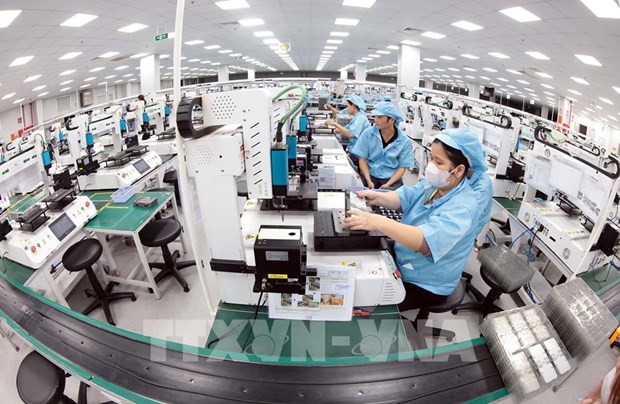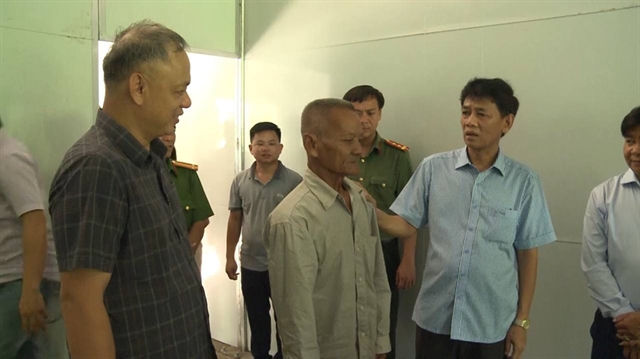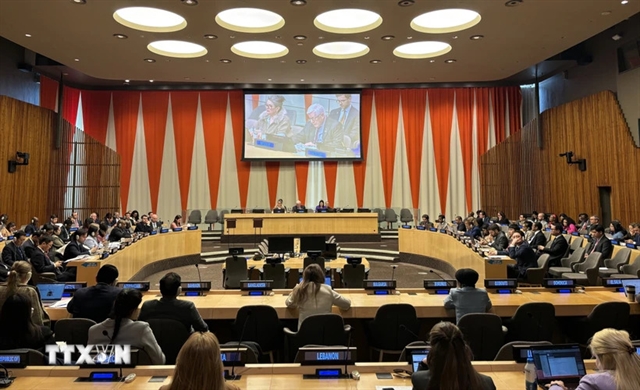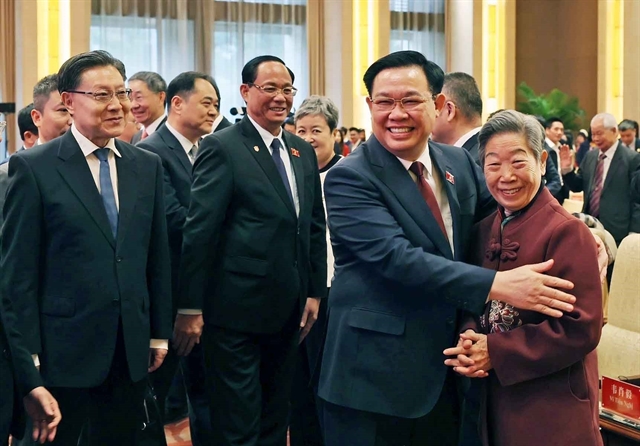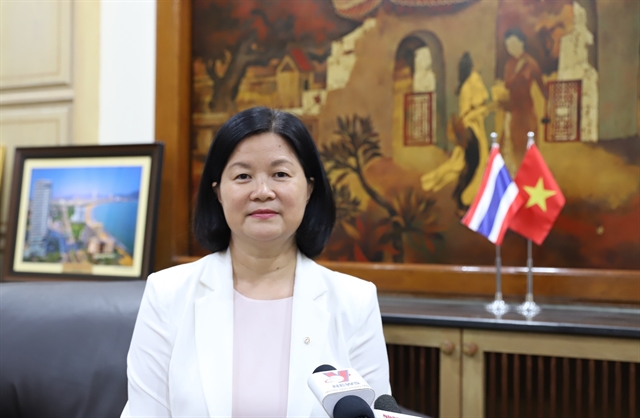 Society
Society

Leaders of two-year intermediate schools offering training in healthcare are concerned that a new national recruitment policy on medical personnel will lead to a decline in enrollment.
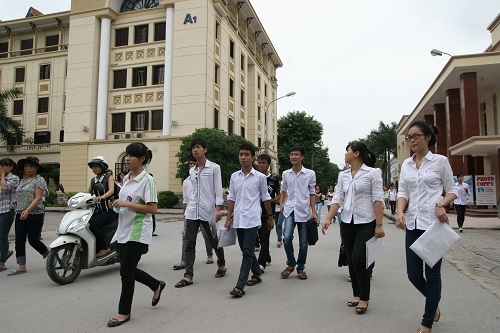 |
| The new policy of the Ministry of Health, which will take effect in 2021, requires that nurses, midwives and medical technicians have more than a two-year intermediate diploma.— Photo suckhoedoisong.vn |
HCM CITY — Leaders of two-year intermediate schools offering training in healthcare are concerned that a new national recruitment policy on medical personnel will lead to a decline in enrollment.
The new policy of the Ministry of Health, which will take effect in 2021, requires that nurses, midwives and medical technicians have more than a two-year intermediate diploma.
Speaking at a conference held in HCM City on March 17, Đào Thị Ngọc, vice rector of Phương Nam Vocational Training School in the city’sTân Phú District, said that it would be "difficult to enroll students for these majors because students and their parents say there will be no jobs.”
For the last nine years, the school has provided a two-year training programme for nursing and pharmacy.
“We invested a lot of money to build a facility with advanced equipment,” Ngọc said.
More than 10,000 graduates have worked at the city’s health facilities, she added.
Trần Văn Hoàng, rector of Trà Vinh Medical College in the Mekong Delta region, said that several of its students had dropped out after hearing the ministry’s announcement.
Hoàng encouraged them to continue studying and assured them that they could later transfer to a higher level-college.
Trần Viết Hùng, deputy head of the ministry’s Department of Organisation and Personnel, said the ministry released the announcement in advance to give schools time to prepare.
Nguyễn Minh Lợi, deputy head of the ministry’s Department of Science, Technology and Training, said that in a time when the country has joined the ASEAN Economic Community and signed international trade agreements such as the TPP, Việt Nam’s human resources must meet higher standards of health examination and treatment.
In 2006, Vietnamese government signed an agreement on the common framework for recognising nursing services in ASEAN countries, Lợi said.
In the agreement, college and university degrees must meet certain criteria for practice and be recoginsed as professional nurses in the region and world, he added.
Hà Thị Kim Phượng of the ministry’s Department for Management of Health Examination and Treatment said that the country’s nurses and midwives did not meet these standards.
Standardising the training of nurses, midwives and medical technicians will be carried out over the next five years under the ministry’s plan.
In January 2021, public hospitals and other public health facilities will only be allowed to hire graduates from the college level and above for the posts.
By January 2025, nurses, midwives and medical technicians graduating from a two-year intermediate school training programmes who are working at public hospitals and other public health facilities will have to take further studies at a college training programme.
The country has 186 university, college and intermediate schools that offer training in the healthcare sector. As of the end of 2015, about 146,000 students were enrolled.
Of these, 53 intermediate schools with two-year training had a total of 91,000 of the 146,000 students.
At least 75 per cent of the 91,000 students were studying to become nurses, midwives and technicians.
Each year, the number of graduates in these three fields is around 90,000, but only 10,000 work in their field after graduation, he said.
“Where do the remaining go? How wasteful it is. The schools should be held responsible,” he said.
He told the leaders at the meeting that the Ministry of Education and Training would allow intermediate schools to upgrade to college level schools.
Ngọc of the Phương Nam Vocational Training School, however, said that upgrading would be difficult for private schools as they would have to meet many criteria.
“In HCM City, finding three or five hectares to build a school is a problem because of high prices,” she said.
Hoàng, the rector of Trà Vinh Medical College, said that nurses from two-year training programmes would be needed in the future as the country’s population was aging.
They also can work overseas as guest nurses, he added. — VNS

